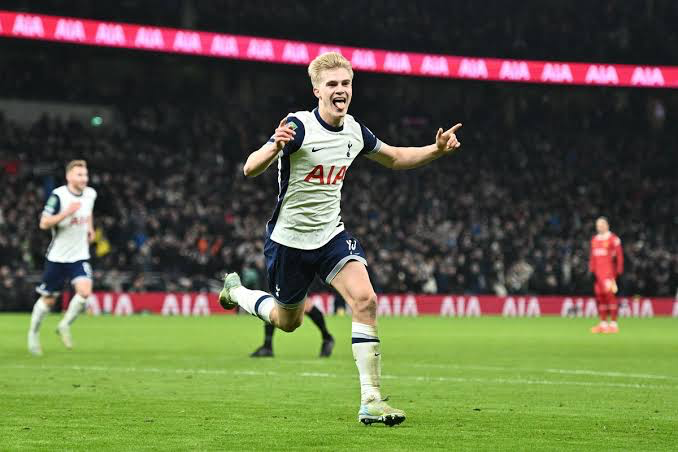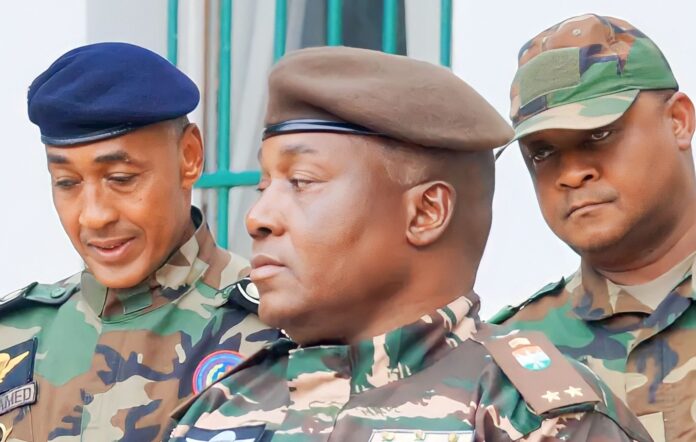Tensions in Niger have heightened as coup leaders issued a chilling ultimatum, threatening the life of deposed President Mohamed Bazoum if neighboring nations pursue military intervention to restore him to power with ECOWAS’ backing.
ECOWAS had earlier directed its standby force to take action aimed at reinstating constitutional order in Niger. This development prompted the putschists to communicate the threat directly to a high-ranking U.S. diplomat, according to reports from the Associated Press.
The severity of this threat has raised stakes on both sides, pushing ECOWAS and the junta into a high-stakes showdown. The junta has shown an increasing willingness to escalate its actions since its seizure of power on July 26. Niger, long regarded as a potential partner for Western nations in the fight against jihadi violence linked to al-Qaeda and the Islamic State group, is now embroiled in internal strife that further complicates regional stability.
Unnamed sources, including a Western military official, revealed that the junta representatives conveyed the threat against Bazoum during discussions with U.S. Under Secretary of State Victoria Nuland, who visited the country recently. While an anonymous U.S. official confirmed these reports, it underlines the gravity of the situation.
Aneliese Bernard, a former U.S. State Department official with expertise in African affairs and current director of Strategic Stabilization Advisors, emphasized that while these threats could be aimed at pushing for negotiations, the junta’s rapid escalation raises concerns about potential extreme actions.
Notably, nine leaders from the West African bloc met in Abuja to strategize on the matter. Following the discussions, ECOWAS Commission President Omar Alieu Touray reaffirmed the decisions made by “the military authorities in the subregion to deploy a standby force of the community.” Funding and logistics were addressed, with Touray placing responsibility on the junta for any hardships arising from the imposed sanctions on Niger. He highlighted that any further steps would be a collective effort by the bloc’s members.
Insight from a former British Army official indicated that the ECOWAS statement could be interpreted as a signal to assemble forces for the purpose of restoring constitutional order. However, the official noted that the current presence only comprises Nigerian forces. The likelihood of intervention depends on the availability of enablers and support from other regional armed forces.
As ECOWAS enforces stringent economic and travel sanctions on Niger, the nation’s options appear to be narrowing as international backing for intervention diminishes. Unfortunately, the bloc’s past attempts to deter coups in the region have been largely ineffective, with Niger becoming the fourth member state to experience a coup within the last three years.



